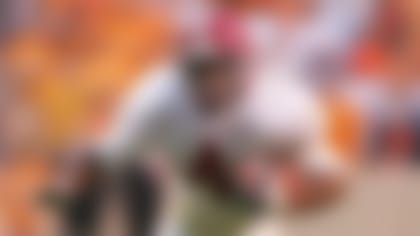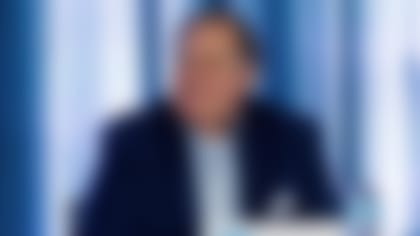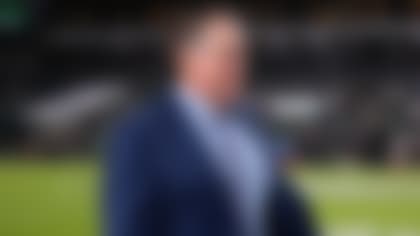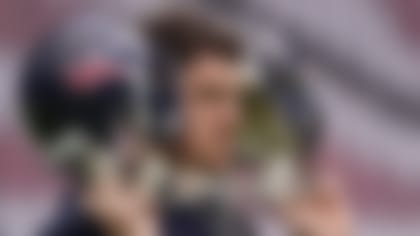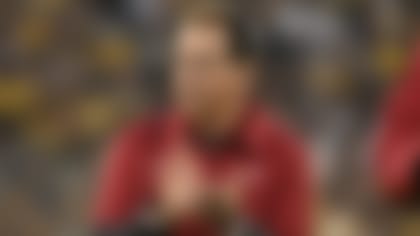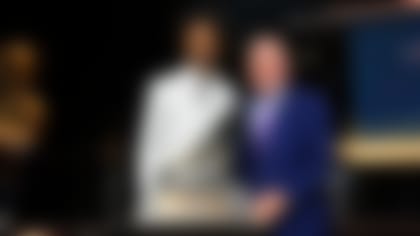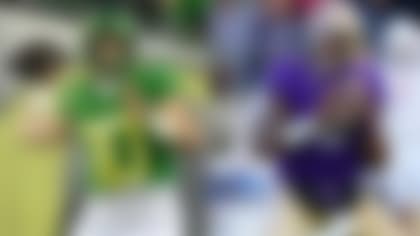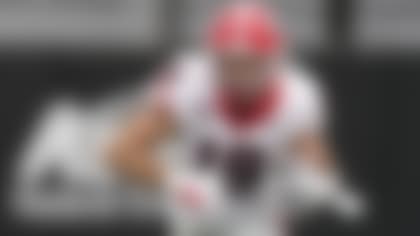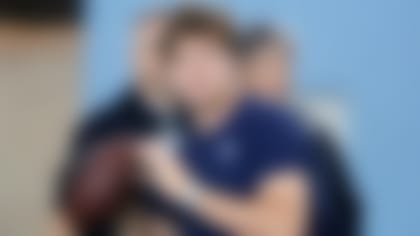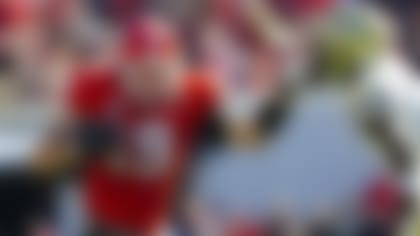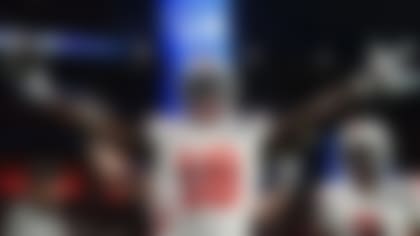After several years (and countless billable hours), the Ed O'Bannon v. NCAA trial has finally made its way to a courtroom in Oakland, Calif. The case has the potential to significantly change college athletics and could be among the more interesting sports law cases in some time.
Here's a summary of what happened on Day 1 and Day 2 to get you up to speed. Below are a few nuggets from the third session on Wednesday.
Roger Noll testimony wraps up
After nearly 11 hours on the stand, Stanford economist Dr. Roger Noll finally wrapped up his testimony and cross examination. As one of the chief expert witnesses for the plaintiffs, his analysis and discussion brought before the court figured to play a key part in the case.
On Wednesday, Noll and the NCAA's lawyers picked up right where they left off and -- based on the way Judge Claudia Wilken started to get upset -- even covered ground that was talked about previously, such as money related to facilities and coaching salaries. Among the notes the economist passed along was that his research shows an eye-popping 512 percent increase in BCS coaches' salaries over a 25-year period. The NCAA naturally tried to make the point that such large increases in spending had nothing to do with restricting money that could be paid to athletes.
Questioning then moved into the area of academics. While the NCAA focused on the fact that schools direct a good amount toward things like facilities devoted to academic services and tutors, Noll refuted such claims quite clearly:
Then things started to directly address paying players and the impact on collegiate athletics.
This line of questioning turned into one in which many NFL fans might recognize similarities with the current collective bargained agreement, diving into things like conferences having caps on financial aid packages that are set by each league instead of the NCAA. While the latter tried to steer the conversation into one on the merits of amateurism, Noll continued to shoot down just about everything that the association's lawyers referenced.
Perhaps the funniest moment occurred when lawyers attacked Noll's research because he used information from the recruiting website Rivals. They questioned why he didn't individually verify some of the data he used, perhaps misunderstanding how the website operates.
Judge Wilken then asked a few questions of Noll before the plaintiffs lawyers redirected to ask a few more questions. All told, the witness was on the stand for just shy of 11 hours (Noll charges a reported $800 per hour).
Tyrone Prothro takes the stand
After the exhausting, marathon run of Noll, former Alabama star Tyrone Prothro was next up on the stand. Best known for an believable catch he made behind the helmet of a defender for a Hail Mary touchdown during the 2005 season, the receiver also gained notoriety for his devastating leg injury he suffered in a game against Florida later that same season.
Much of the early questioning by the O'Bannon lawyers centered on how he spent his time in and around Tuscaloosa while in school. Among the notable things he discussed were the 30 to 40 hours a week he spent under supervision by the football team (the NCAA allows 20), and the fact that he had an amazing 10 surgeries on his leg but he was still unable to play football at a high level again.
Much like O'Bannon's testimony, the lawyers then steered things toward how Prothro became involved in the case. He mentioned an old video game (which was entered in as an exhibit) that had a player with the exact measurables as him on the Alabama team and came complete with the same placement of wrist bands he normally wore. In addition to discussing his likeness in the video game, lawyers also talked quite a bit about his famous catch and how he didn't actually have any rights to it despite being the reason the moment happened.
Perhaps the most interesting bit from the former Crimson Tide star on the stand was the fact that he had to take out $10,000 in student loans during his time at the university and that he's still paying those loans off. He said that they were mostly for, "stuff around the house" and came despite him having a full scholarship.
When it was time for the NCAA lawyers to question Prothro, they discussed a lot of the various benefits he received while in school despite not getting paid. They also pointed out, like O'Bannon on Day 1, that he had several inconsistencies between what he said on Wednesday and what he said during his deposition.
Things also went off the rails a tad toward the end of the session.
Things with Prothro wrapped up with little time to spare ,so economist Dr. Daniel Rascher will be the next person to testify on Thursday.
Follow Bryan Fischer on Twitter @BryanDFischer.
